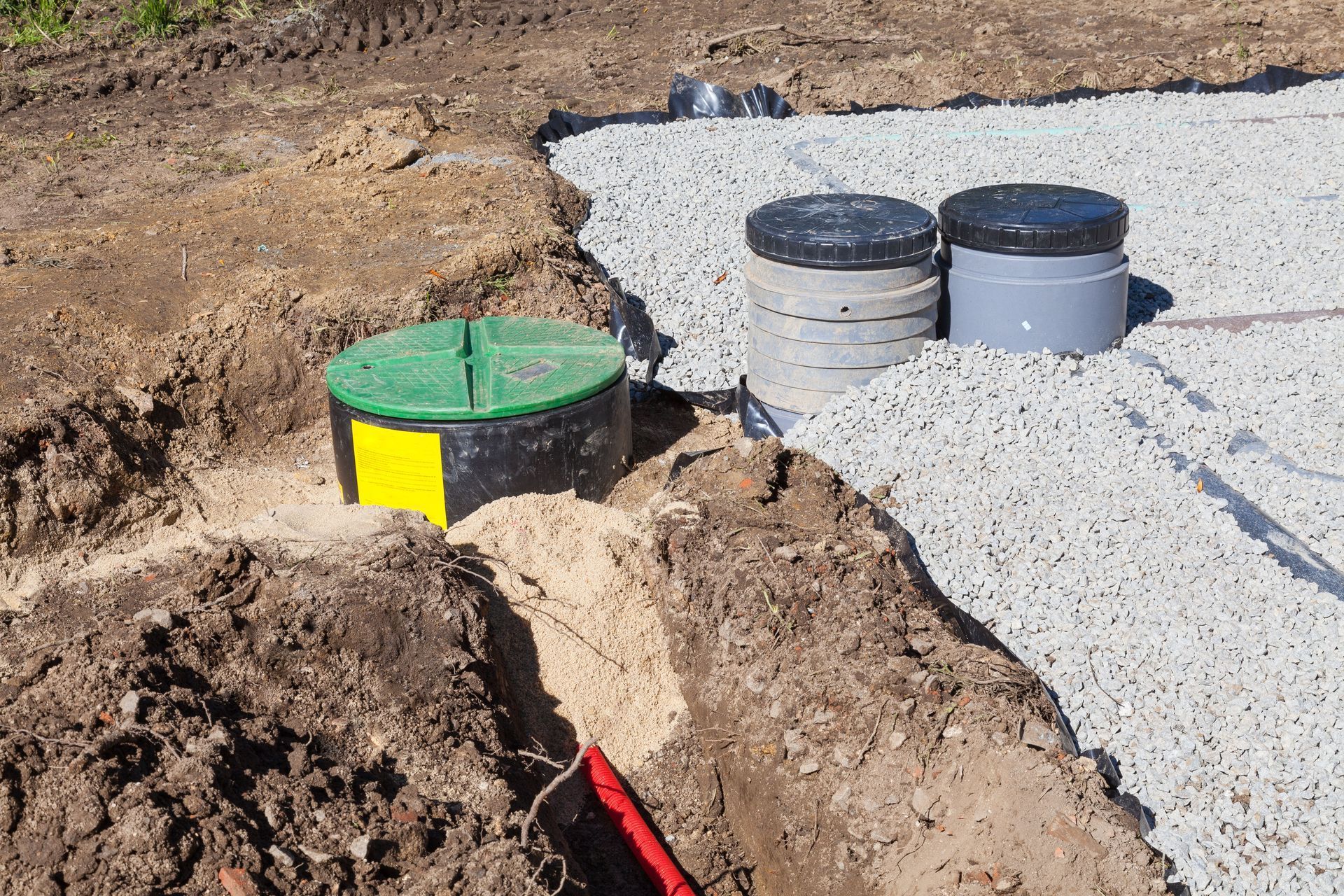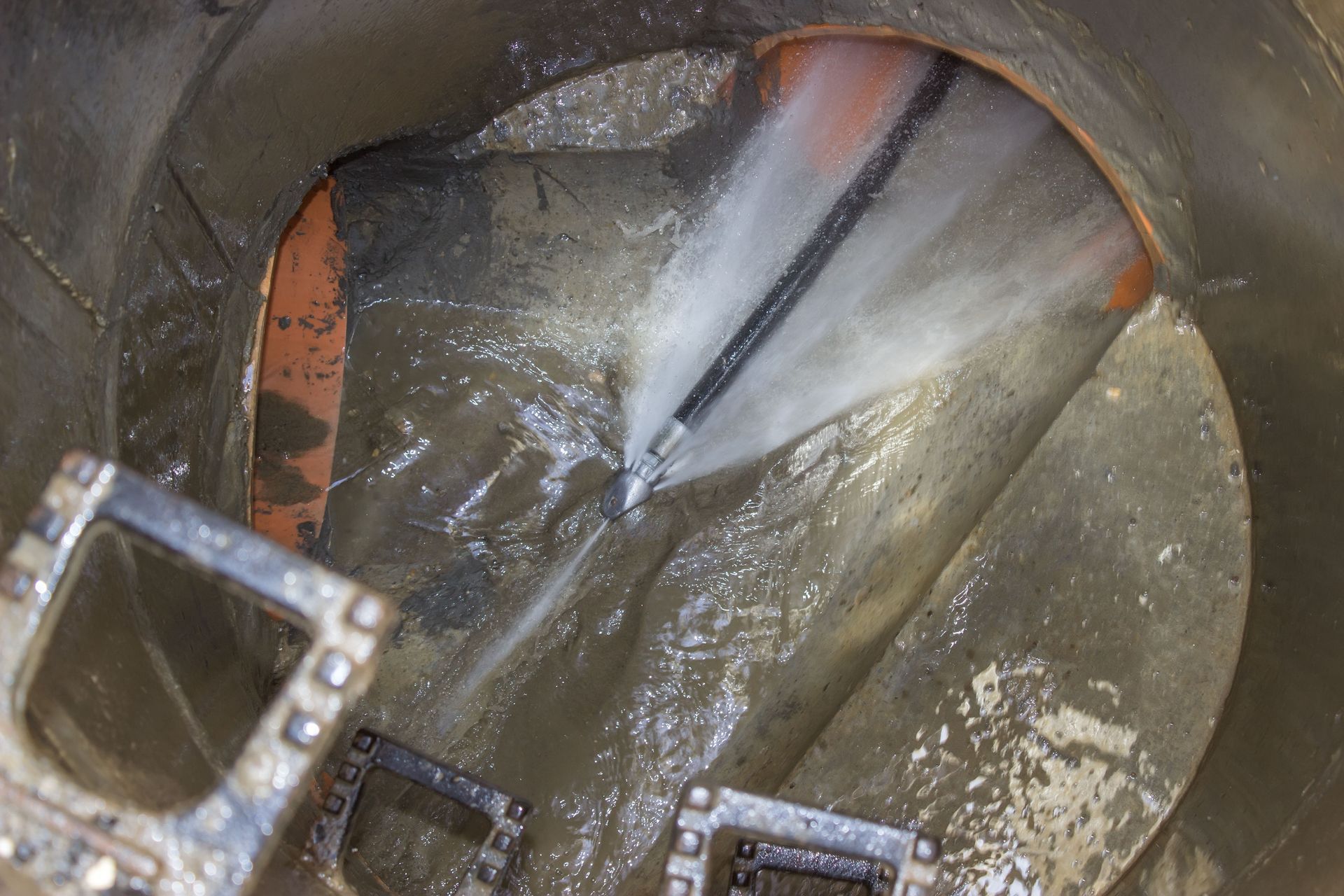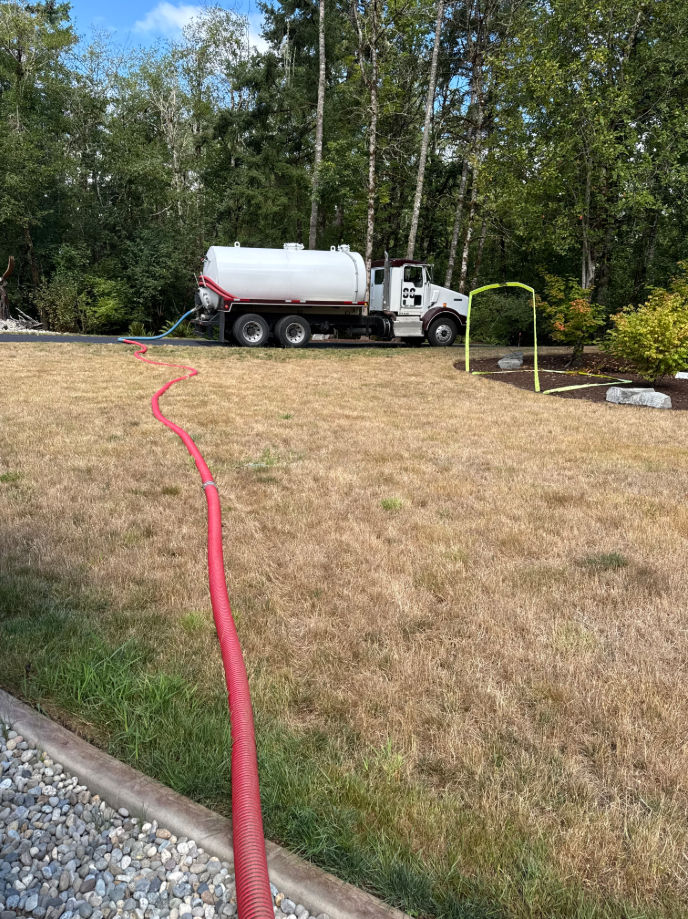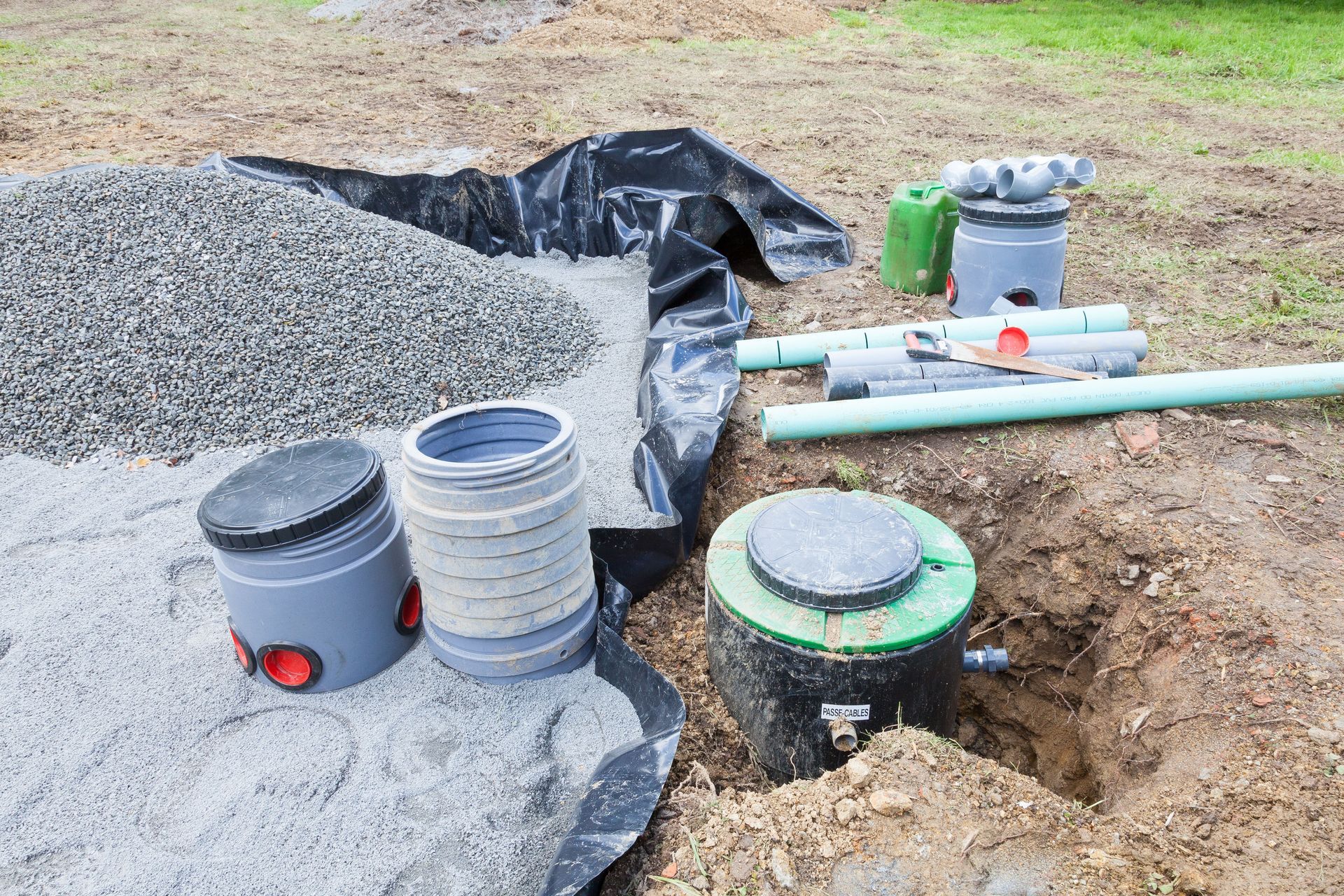July 28, 2025
Understanding when your septic system requires pumping is essential to preventing costly repairs, safeguarding your health, and preserving the environment. Septic tanks play a critical role in managing household waste by separating solids from liquids and allowing treated water to re-enter the soil. Neglecting this system can result in slow drains, foul odors, and even structural damage to your property. Many homeowners only realize something is wrong once visible and costly symptoms appear. Early detection and intervention are critical to avoiding such issues.
According to Precedence Research, the global septic tanks market was valued at USD 5.27 billion in 2024 and is projected to reach USD 5.45 billion in 2025. This figure reflects the growing demand for reliable waste management and highlights the importance of timely maintenance like local septic pumping. As more people become aware of proper septic care, investing in regular service becomes an essential part of responsible homeownership.
Here are six clear signs that you need local septic pumping and why addressing them promptly is essential.
1. Notice Slow or Backed-Up Drains
One of the most common warning signs that your septic system needs attention is slow drainage. You may notice water taking longer than usual to empty from sinks, tubs, and showers. This isn’t always just a plumbing issue—it often indicates that your septic tank is nearing or at full capacity. Plunging or drain cleaners may provide temporary relief, but they don’t resolve the root cause.
A full tank cannot efficiently separate solid waste from wastewater. When this happens, untreated water may start to back up through the plumbing, bringing with it unpleasant smells and gurgling noises. Toilets may bubble when flushed, or sinks may make odd sounds, signaling that waste has nowhere to go.
To avoid these disruptive and unsanitary problems, homeowners should schedule local septic pumping every three to five years, based on household size and water usage. Overlooking slow drains could lead to expensive repairs, extensive cleanup, or a full system failure.
2. Smell Sewage Indoors or Outdoors
Strong sewage odors are never something to dismiss. If you catch a whiff of rotten eggs, sulfur, or general foulness either inside your home or outside near the septic area, it's often a red flag. These smells are caused by gases like hydrogen sulfide escaping from an overfilled or leaking septic tank.
Indoors, these odors usually come from drains in the kitchen, bathrooms, or laundry area. Outdoors, they can hover over the yard or around the drain field. Besides being offensive, these gases can pose significant health risks, especially if exposure is prolonged. Bacteria and pathogens within wastewater can lead to respiratory issues and infections.
The presence of odors usually means the tank is past due for maintenance. Booking a local septic pumping service as soon as you detect these smells can restore proper system function and eliminate any health hazards. This action ensures your home remains a safe and pleasant place to live.
3. See Standing Water Near the Drain Field
The drain field is a vital component of your septic system, responsible for dispersing treated water into the soil. When everything is operating normally, this area should remain dry and undisturbed. However, if you notice puddles or soggy ground near the field, it’s a serious warning sign that something is wrong.
Standing water often indicates that your septic tank is full and can no longer process incoming wastewater, causing overflow. In more severe cases, it may signal a clogged or failing drain field unable to absorb water properly. This pooling can expose your lawn to raw sewage, leading to foul smells, increased pests, and dangerous pathogens.
Ignoring standing water could lead to soil contamination, property damage, or system failure that may require full replacement. Booking a local septic pumping right away helps restore normal function and prevents environmental damage and health hazards.
4. Observe Unusually Lush Grass Over the Septic Area
While green grass typically suggests healthy soil, extra-lush or fast-growing patches above your septic tank or drain field are often a sign of trouble. Wastewater leaks from a compromised tank or overfilled system can act as a nutrient-rich fertilizer, accelerating plant growth in that area.
This deceptive symptom is easy to overlook, but it often points to a leak that’s allowing untreated or partially treated effluent to seep into your yard. Left unaddressed, it can lead to long-term soil contamination and damage to underground infrastructure.
If you notice that a particular section of your yard looks significantly greener or grows faster than surrounding areas, it’s time to schedule local septic pumping. Regular inspections and pumping keep your system functioning correctly and prevent costly damage that could spread below ground.
5. Get High Nitrate Levels in Well Water
Homes that rely on well water must be especially vigilant when it comes to septic maintenance. Elevated nitrate levels in well water suggest that wastewater is leaching from the septic system into the groundwater supply. This contamination often results from a leaking or overburdened septic tank.
Nitrates pose serious health risks, particularly for vulnerable groups like pregnant women, infants, and the elderly. Conditions such as methemoglobinemia or 'blue baby syndrome' are associated with nitrate poisoning, making regular testing essential for any home using a private well.
If your well water shows rising nitrate levels, it's a sign that your septic system may be malfunctioning. Local septic pumping helps remove excess solids and restore system balance, preventing further contamination and protecting your drinking water. Addressing the issue quickly minimizes health risks and safeguards your family’s water supply.
6. Require Pumping More Frequently Than Usual
If you’re scheduling septic pumping more often than every three years, your system may be showing signs of inefficiency or misuse. Over-pumping isn’t a solution—it’s a symptom of a deeper issue.
Reasons for frequent pumping include undersized systems, increased household occupancy, and improper waste disposal practices like flushing wipes, grease, or chemicals. These materials accumulate faster and strain the tank, decreasing its ability to separate waste effectively.
Septic pumping can relieve immediate pressure in your tank, but if your system is filling up unusually fast, that’s a sign of a deeper issue. It could be due to excessive water usage, a clogged drain field, or even a design flaw in your system. That’s why it’s crucial to go beyond just pumping and schedule a full professional evaluation. A trusted septic expert can inspect your system’s condition, review your household water usage patterns, and pinpoint specific habits—like running multiple loads of laundry in one day or flushing non-biodegradable materials—that may be putting undue stress on the tank. By identifying these contributing factors and making the necessary lifestyle or structural adjustments, you not only extend the life of your septic system but also avoid costly emergency repairs and reduce long-term maintenance expenses.
Ignoring the signs of a full or failing septic system can result in disastrous consequences—from property damage and water contamination to health risks and costly replacements. Routine inspections and timely septic pumping are the best defense against such risks.
Whether you’re dealing with slow drains, foul odors, standing water, or rising nitrate levels, prompt action can prevent further damage. These six signs are your early warning system, and responding quickly ensures your septic system runs safely and efficiently.
For professional, reliable local septic pumping , contact Sound Septic, Inc today. Our experienced team can evaluate your system, provide expert guidance, and keep your home safe and sanitary year-round. Call us now to schedule your next service and experience the peace of mind that comes with a well-maintained septic system.






